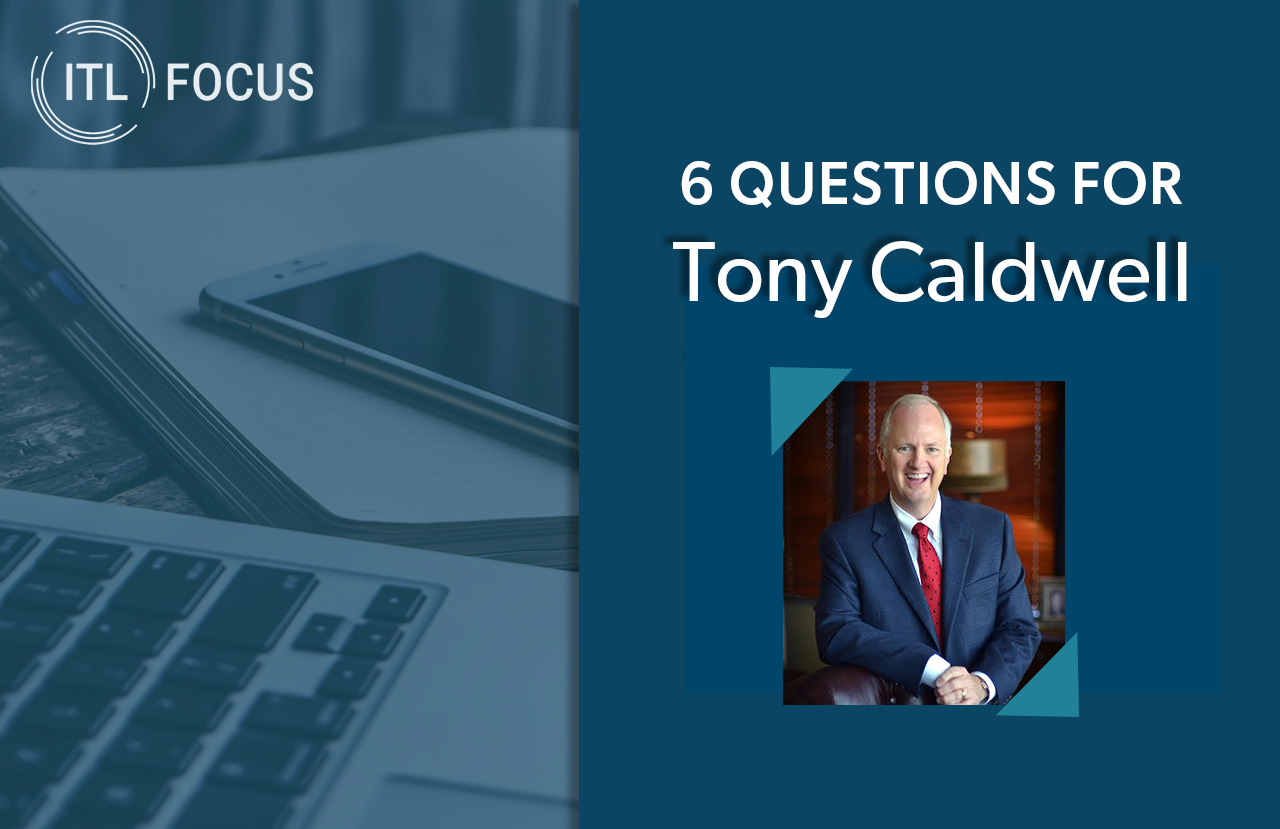Over the next several years, everyone in the property and casualty industry will face new challenges because of the evolution and disruption caused by technology. Insurance companies will, perhaps, be the most challenged. They must respond to the increasing competitive forces created by insurtech. These include the demand for faster, easier underwriting and service, and a better customer experience. Insurers will need to invest huge sums of money to overhaul their increasingly outmoded systems, processes and ways of doing business.
This investment will be painful for all and potentially create an existential crisis for some. The required investment, while different for each carrier, will have certain fundamental aspects that must be met regardless of carrier size or financial capability. Insurance carriers must focus on their cost structure if they are to thrive.
Rising Distribution Expense
These new cost pressures arrive on top of growing distribution expenses. In the last couple of decades, carriers have increasingly discriminated among agencies by rewarding agents based on size. Larger agencies are paid significantly more for a dollar of premium produced than smaller ones. This is one of the factors that has led to the development of market access providers and fueled the merger and acquisition activity of the last few years. While a good thing for agents, this aggregation activity, along with the leverage created by these new distribution models, has meant insurance companies are forced to pay more, on balance, for distribution.
Because distribution represents one of the largest expenses for insurers, and with the costs of digital adaptation affecting their bottom lines and surplus, carrier scrutiny of agent-related costs will continue to expand. Traditionally, insurance companies have evaluated insurance agencies based on their production volume, loss ratio, new business flow and retention. Now, carriers will also add the total cost of doing business with an agent to their appointment and compensation criteria. Agents will have another set of issues to manage as they seek to maximize their opportunities with their carrier partners.
In a recent conversation with a Hartford Insurance executive, two specific issues of importance to carriers were raised: hit rate and carrier technology use. While hit rate has always been a key performance indicator, the relative success a carrier has in writing quoted business will rise in importance as cost pressures mount. This executive pointed out that many agencies have been slow, or completely unwilling in some cases, to adopt carrier technology changes designed to reduce expenses while creating operating efficiency. This will simply be unacceptable in the future.
While these changes don’t appear to be the harbinger of fundamental change in agent-carrier relationships, they may be profound for many agents. Agencies have always understood they have a role to play in carrier costs. The loss ratio on their books of business is a key variable in maintaining good relations. Meanwhile, the bonuses gained by successfully holding those costs down is a fundamental part of agency compensation. In that sense the coming focus of carriers isn’t new. But it is more serious.
Winning Agency Strategies
To stay ahead in this new agent-carrier paradigm, agents should consider employing these strategies:
- Make sure business is quoted in the carrier system with an eye to maximizing pass-through rates. Carriers are focused on speeding new business flow. Agents should do what they can to collaborate here, as it not only increases new business success but also lowers expenses.
- Do not ask carriers to quote business the agency has no intention of placing. This is somewhat problematic for agencies because many are used to “blocking markets” on the one hand, while demonstrating marketing efforts to clients on the other. Wise agents will recognize this submission activity represents a significant, unproductive expense for their insurer partners and, instead, find new ways to accomplish their business objectives.
- Use carrier customer service systems. Insurers have invested heavily in systems to enhance their customers’ (and agency clients’) experience. Systems like apps and web portals will become seamless, and intuitive; customer self-service practices and agencies will assist carrier cost reductions by seeking to maximize their use rather than duplicating them. The concomitant reduction in agency expense is obvious.
See also: Has Pandemic Shifted Arc of Insurtech?
As carriers focus on cost pressure increases, they will become progressively less likely to quote business for agencies that don't maintain a relatively high hit ratio. And as they pour hundreds of millions of dollars into systems to speed business flow, decrease human involvement in underwriting and pricing decisions and improve ease of doing business with producers, they will expect agencies to use these systems. If agencies do not cooperate, it will affect a carrier’s willingness to continue to do business with or pay the agency what it is used to receiving.
The issue for some agencies is simply that they are satisfied with their current way of interacting with carriers. They don't wish to change. Another is that the more carriers an agency represents the greater number of systems it is expected to master. This raises its cost of doing business. However, carriers will insist that this behavior change.
At the end of the day, agents need to understand that their role in assisting carrier profitability is not just in new business and loss ratio management, but also in becoming low-cost producers for their carriers. To do so, agents need to evolve in a number of ways. But this should be a welcome challenge for agents, as they have the opportunity to move from distributors to true business partners.








